The gubernatorial election in Nigeria’s mid-west State of Edo took off to a shaky start on Saturday disrupted by rain and the late arrival of polling officials and materials at many polling units.
Consequently, voting continued beyond the official closing time of 2.30 pm in some voting units, while sorting and ballot collation happened in some designated centres.
Some vehicles conveying electoral materials and officials departed late to the polling stations, while hundreds of voters who arrived early were kept waiting.
Heavy rain caused further delays in the electoral process in several Local Government Areas, including Egor one of the heavily populated Areas with more than 330,000 inhabitants.
An alleged incident of vote-buying was also reported, with agents of Nigeria’s anti-graft commission, EFCC seen on television footage dragging some suspects.
The advocacy group, YIAGA Africa in its preliminary statement said that balloting started early in less than 18% of the more than 4,500 polling units.
Edo is in Nigeria’s South-South geopolitical Zone and Saturday’s poll was one of the off-season elections following the controversial and bitterly contested 2023 general elections.
There was a heavy security presence and checkpoints, especially in the state capital Benin City.
The police deployed some 35,000 officers complemented by 6,433 personnel of the Nigeria Security and Civil Defence Corps, while the military expressed their readiness to intervene if necessary to guarantee a free and fair election in Edo.
Sitting governor Godwin Obaseki, of the People’s Democratic Party (PDP), which is in power in Edo state, is term-limit barred from contesting after serving the mandatory two terms of eight years and 18 political parties have fielded 17 candidates, including one female to replace him.
Rivalry, among the three front-running political parties – PDP, the All-Progressive Congress (APC), in power at the federal level and the Labour Party (LP), has created political tension in the state.
The media reported the arrest of some “political thugs” with arms during overnight raids.
Vehicular movements have been restricted across the state between 6.00 am and 6.00 pm with a police spokesman warning troublemakers and criminals, including vote buyers to flee the state in their interest.
Meanwhile, PDP leaders have called for investigations into the arrest of party supporters on allegations of thuggery and vote-buying.
Despite the rains and late commencement, electoral officials expressed optimism that the electoral process would pick up during the day.
They also assured that any voter in the queue at the close of voting by 2.30 pm would be allowed to vote.
The Independent National Electoral Commission (INEC) has reassured Nigerians about its impartiality and commitment to conduct a credible election.
As part of its preparations, the Commission has conducted a mock election, to test-run two of its key technological devices – the Bimodal Voter Accreditation System (BVAS) and the INEC Result Viewing (IREV) Portal and also held several stakeholder meetings.
INEC has also deployed 18,076 ad-hoc staff to oversee the conduct of the election, across 4,519 polling units and 211 collation centres.
Although 2,629,025 voters were registered, the Commission said 2,249,780 of the registrants or 85.57%, collected their Permanent Voters Cards (PVCs) to vote, leaving 379,245 PVCs uncollected.
Comparatively, during the last governorship election in 2020, only 557,443 of the 2.2 million registered voters showed up for accreditation, while 550,242 ultimately cast their ballots.
INEC Chairman Prof Mahmood Yakubu has assured stakeholders of the Commission’s determination to deliver an inclusive, free, fair and credible election, noting that preparation for the Edo election started last year with the release of the timetable.
“In our commitment to transparency, the Commission has made available soft copies of the entire register of voters to each political party fielding candidates in the forthcoming election,” he affirmed.
The Commission has also promised to publish a detailed breakdown of the PVCs collected for all the Polling Units across the State, Prof Yakubu said, adding that all uncollected PVCs will be mopped up from the 18 Local Government Areas and warehoused in the Central Bank of Nigeria until after the governorship election.
Yakubu reiterated “that INEC is ready for the election. We are deploying the BVAS machines for voter accreditation at polling units and the upload of results to the INEC Result Viewing (IReV) portal,” emphasising that an election is a multi-stakeholder activity and that the 2024 Edo State Governorship election is not just a national election, but also of global interest.
Meanwhile, the Edo State Resident Electoral Commissioner Anugbum Onuoha has dismissed insinuations that his family relationship with a serving government Minister would affect his neutrality, saying in a televised interview: “I am a Nigerian, entitled to serve my country in any capacity, and I will not favour any political party.”
To make up for the delay and disruptions, INEC has announced that polling should be extended to accommodate every eligible voter at the polling unit by 2.30 pm.
The general expectation is that INEC should use the off-season elections to restore public confidence in its ability to deliver credible polls after the disputed 2023 general elections and for a clean slate ahead of the next general elections in 2027.
Saturday’s vote was generally peaceful, and the official result is expected within days.
The 11,836 poll observers deployed by 134 observation groups (124 domestic and 10 international), and the 721 journalists from 114 media organisations accredited by INEC are also expected to deliver their judgements on INEC’s performance.
Ejime Is An Author, Global Affairs Analyst, And Consultant On Elections, Peace & Security And Governance Communications






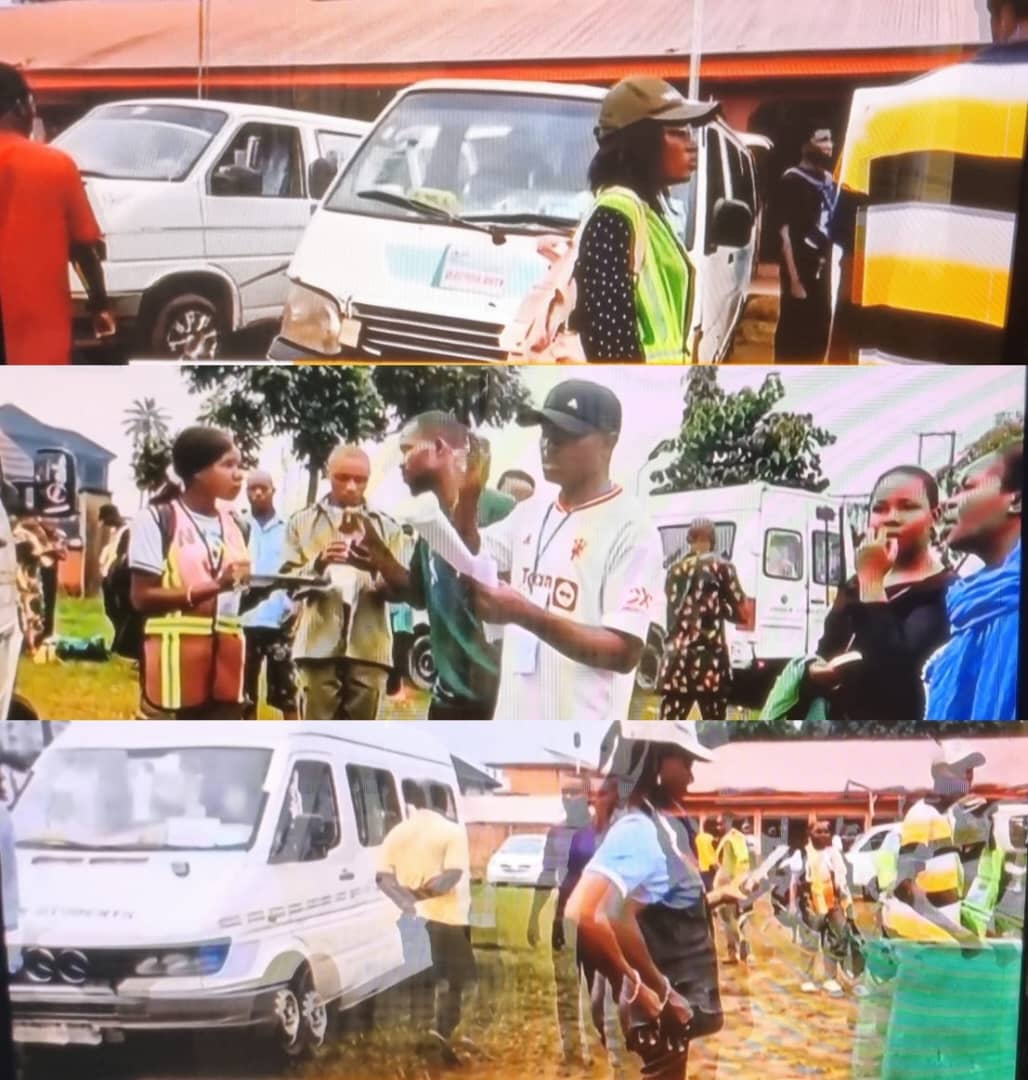


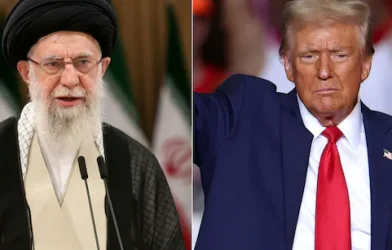
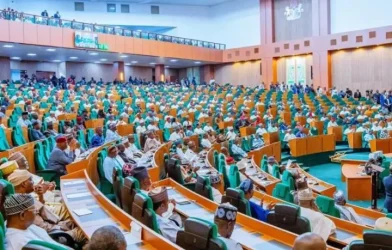
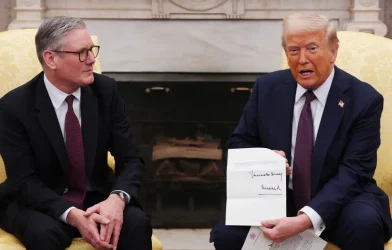

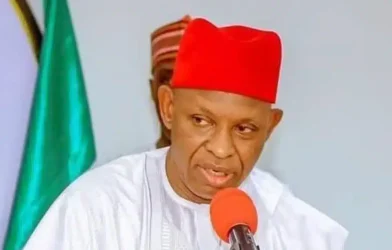
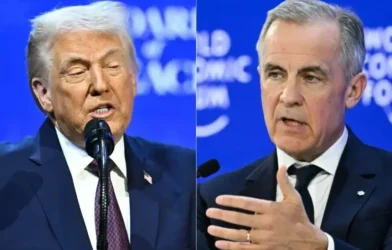
Comments are closed